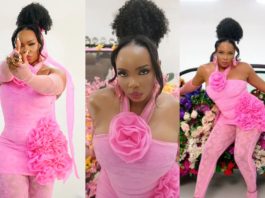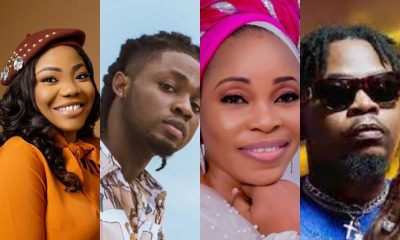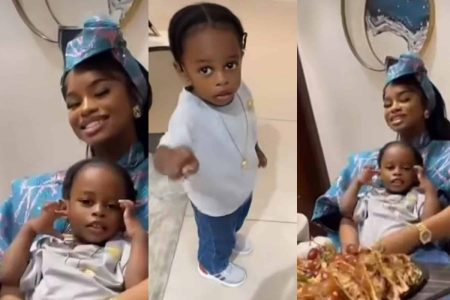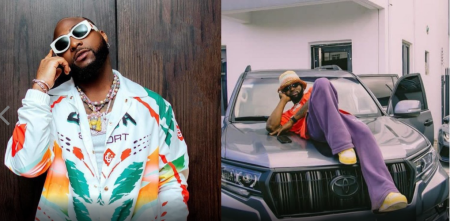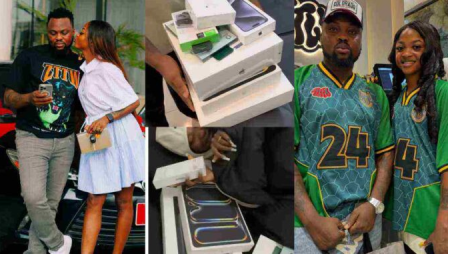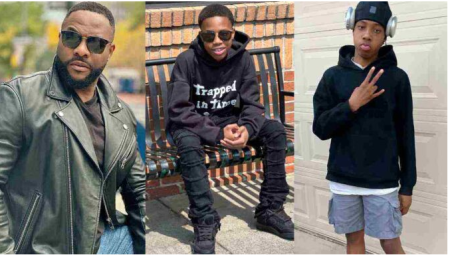Do you remember where you were when Wizkid released “HØlla At Your BØy”? After 13 years its as yet unapproachable each time we check out at Wizkid’s discography of hits.
With a Grammy (and different selections), two top ten hits on the Billboard Hot 100, weighty coordinated efforts and a mark sound that is caught the hearts and waistlines of fans around the world, Wizkid is without a doubt one of the most notable figures in afrobeats today. But how did Ayodeji Balogun of Ojuelegba become Nigeria’s biggest export since crude oil? Everything began with his exceptionally infectious presentation single, HØlla At Your BØy.
Around six days before Justin Bieber assumed control over the world with the Ludacris-helped hit, Child, a long ways off, Nigerians got acquainted with our form of a high schooler popstar heart breaker when HØlla At Your BØy dropped on January 2, 2010.
Adorned from head to toe in every fashion trend of 2010: thin pants, Supra shoes, shambalas, a non-strict rosary, realistic tees, Beam Boycott glasses and a mohawk, since no difference either way. The sound and visual allure of the then 19-year-old vocalist were so very much created that he flawlessly caused a change in the music business, offering a brief look into another period of afrobeats that would ultimately introduce other youthful stars like Davido, Dammy Krane, Mo’Cheddah and Olamide.
Holla At Your Boy, which was produced by DJ Klem and Vebee, sampled Korean singer Se7en’s Girls. Wizkid’s vocals and palpable vigor carried the song to the finish line. Baby Wizkid had no ego; all he wanted to do was prove himself and make a statement in a game dominated by legends who had been in charge for almost a decade at the time, as opposed to the relaxed, stress-free Big W we are accustomed to today, who is self-assured enough to release an album titled More Love, Less Ego. Wiz was eager for progress, and he poured each ounce of that crash into what might later frame part of his presentation collection, Genius.
However, before there was HØlla At Your BØy, Wizkid was Lil Prinz, an impending vocalist in a gathering called the Brilliant Five, with his companions from chapel. When he signed with Empire Mates Entertainment (EME), the record label run by Banky W and Tunde Demuren, in 2009, the transformation from Lil Prinz to Wizkid was complete.
Following his marking to EME, Wizkid grabbed our eye when his vocals gave the snare to Quick Cash Quick Vehicles, off MI’s widely praised 2009 introduction collection, Discuss It. Establishing a permanent connection inverse “Nigeria’s own Kanye West from the West” was no simple accomplishment, yet Wizkid pulled it off. That very year, Wizkid made an appearance in Banky W’s elegant Lagos Party music video, doing a charming one-two stage close by his name head.
Wizkid became a household name after HØlla At Your BØy. While the playful “If you see me drive by, hØlla at your bØy/ I got more swag, hØlla at your bØy” in the song had adults and teenagers singing along, the video, which was directed by Patrick Ellis and featured cameos from Banky W, Ice Prince, and Skales, as well as future entertainment juggernauts like Asa Asika, Uche Odoh, and Sophie Alakija, was a pop culture moment in and of itself.
Wizkid charmed his audience with an infectious beat at a time when streaming was not even a thing. This set the stage for a career that has broken records and brought afrobeats to the forefront of global music conversation. While we’re thankful for the Wizkid that gave us Ojuelegba, Jaiye Jaiye and Essence, we will always remember the 19-year-old visionary who pup ed in his thin pants on a basketball court with his companions. That was the second when we fell head over heels for Ayodeji Balogun.







